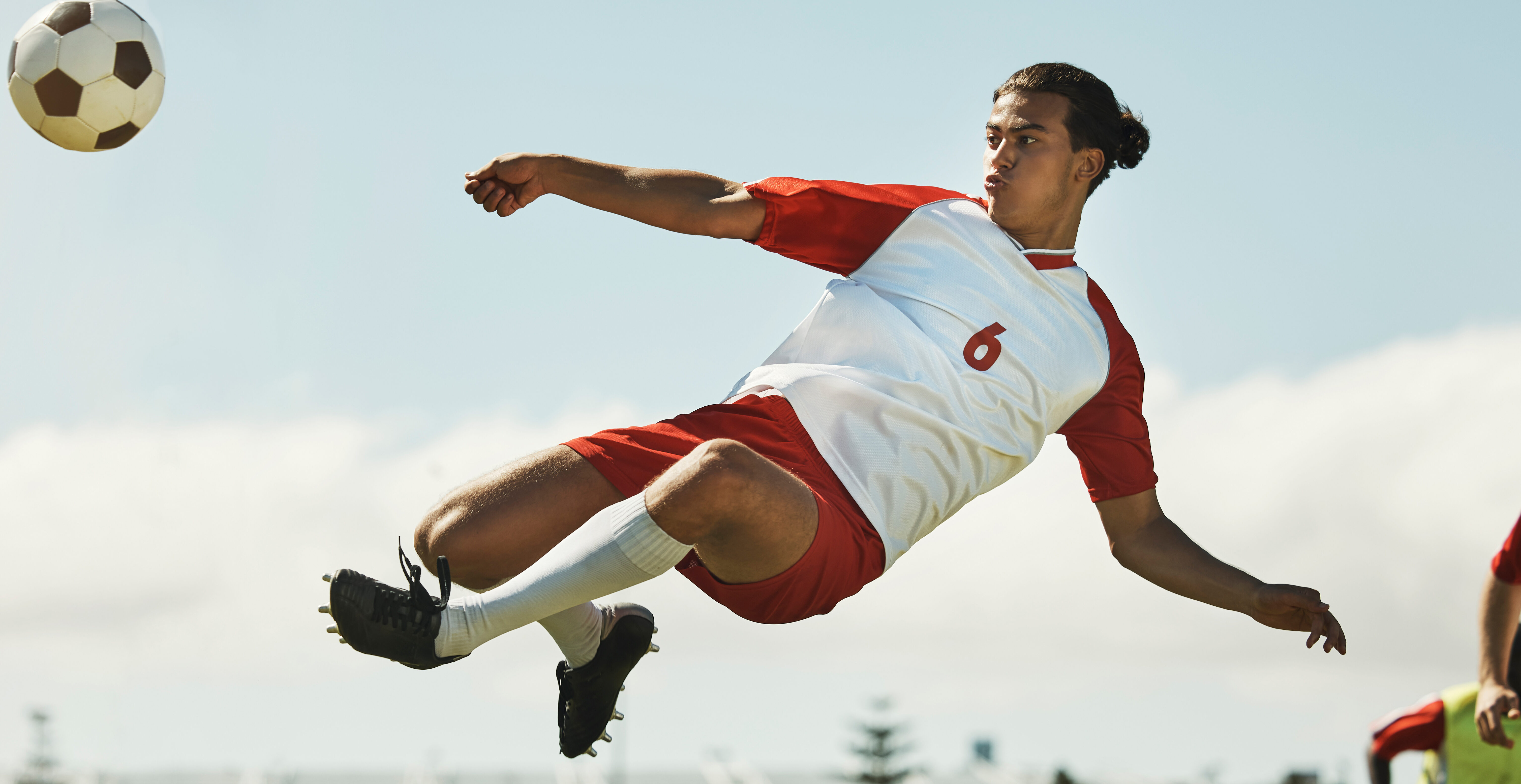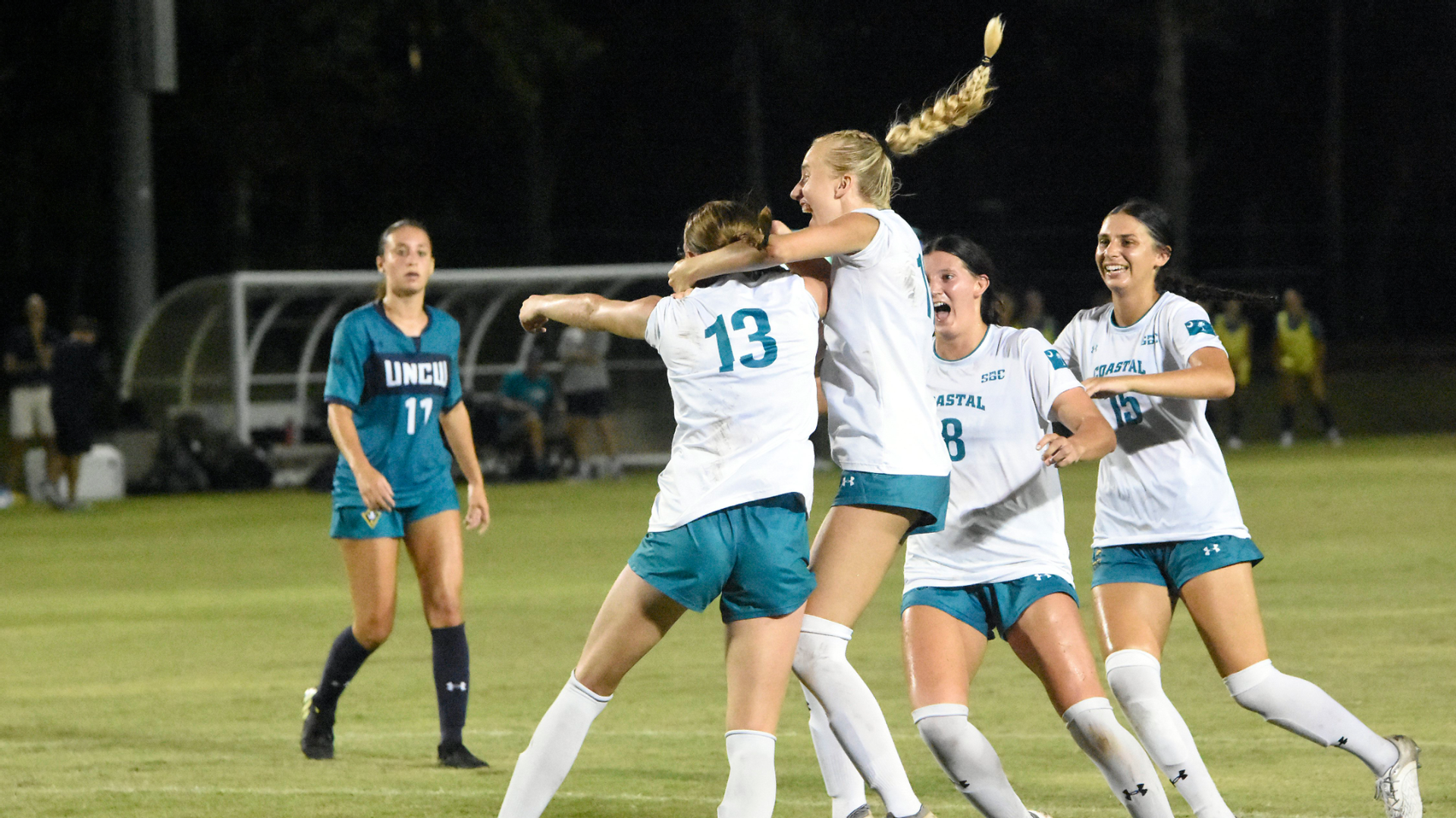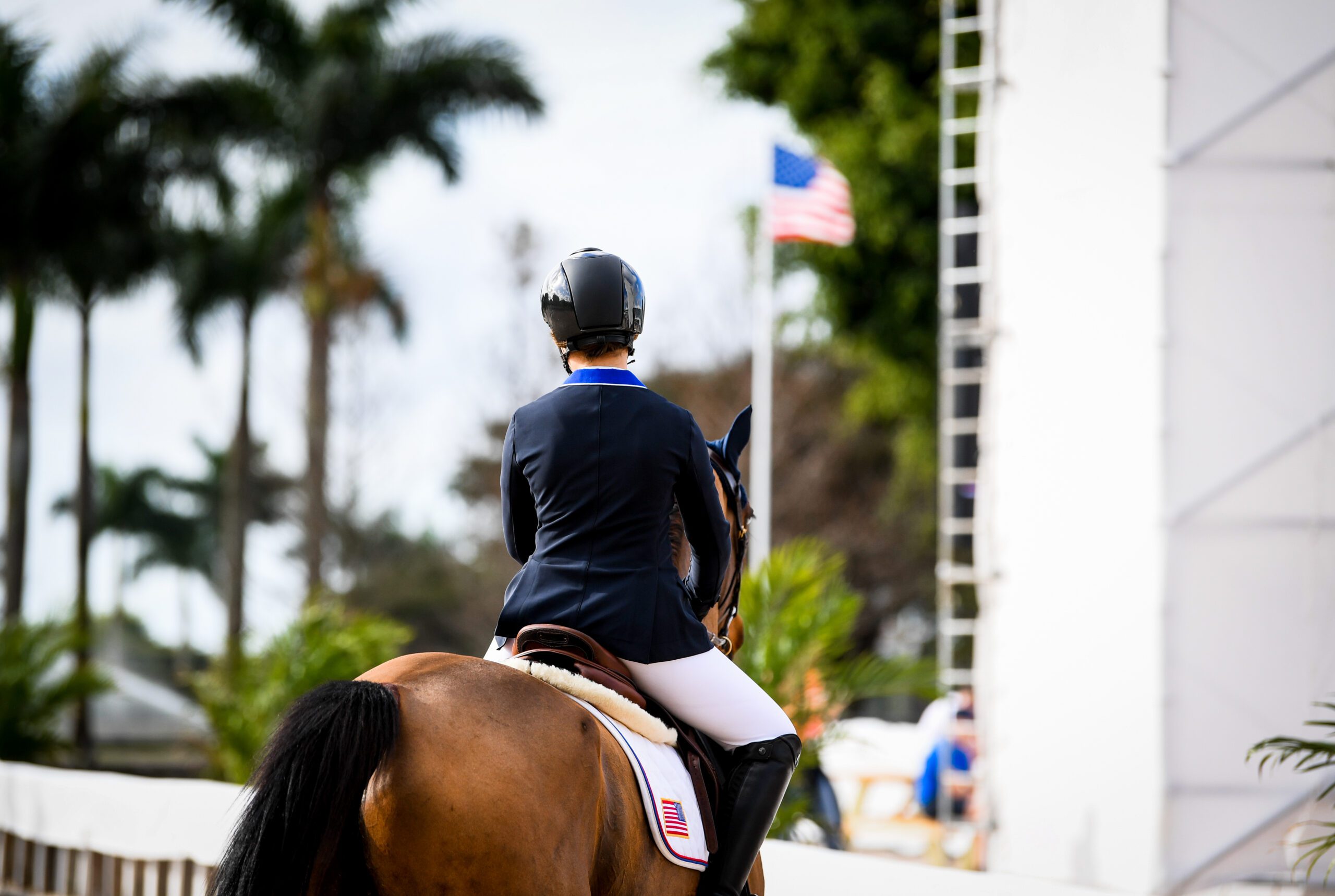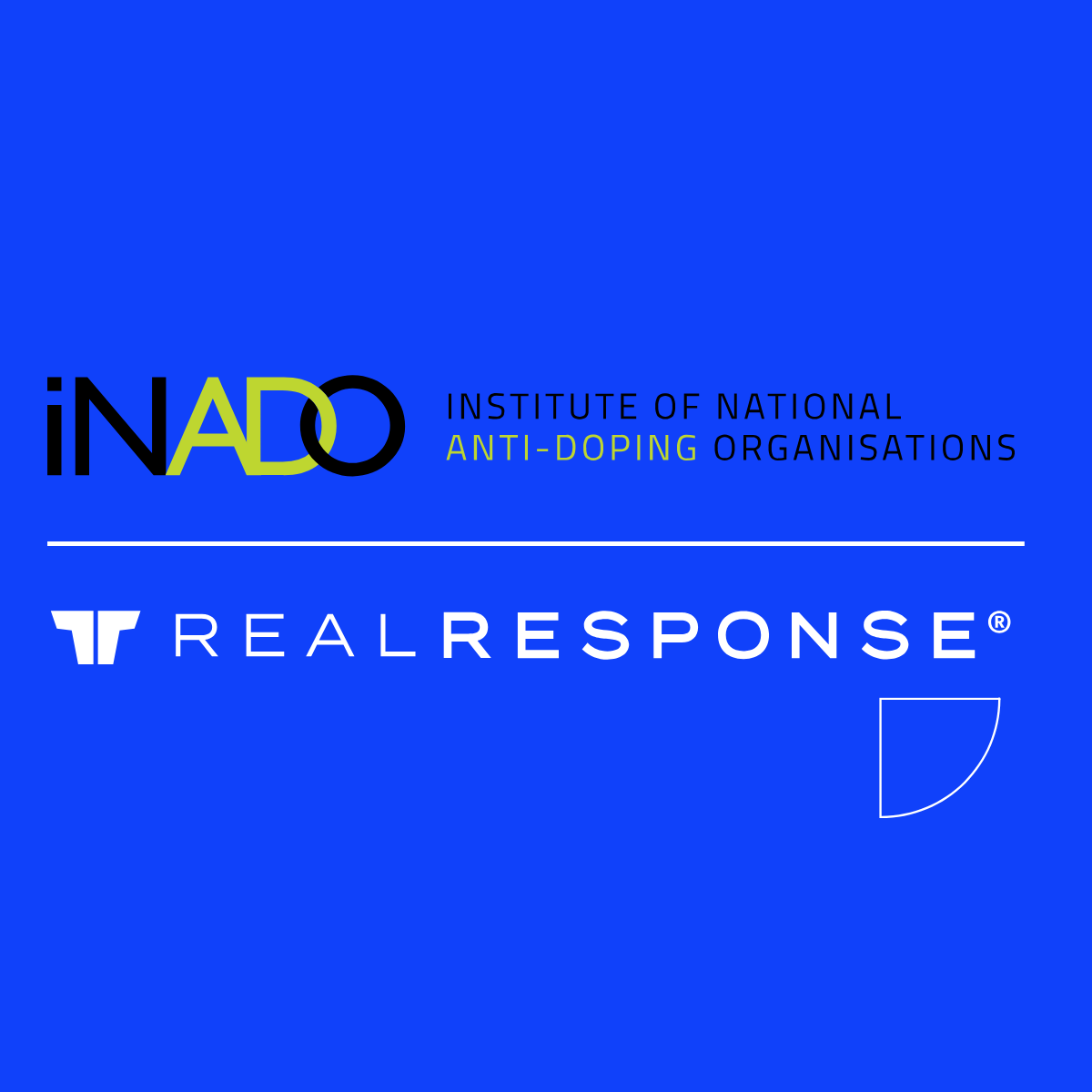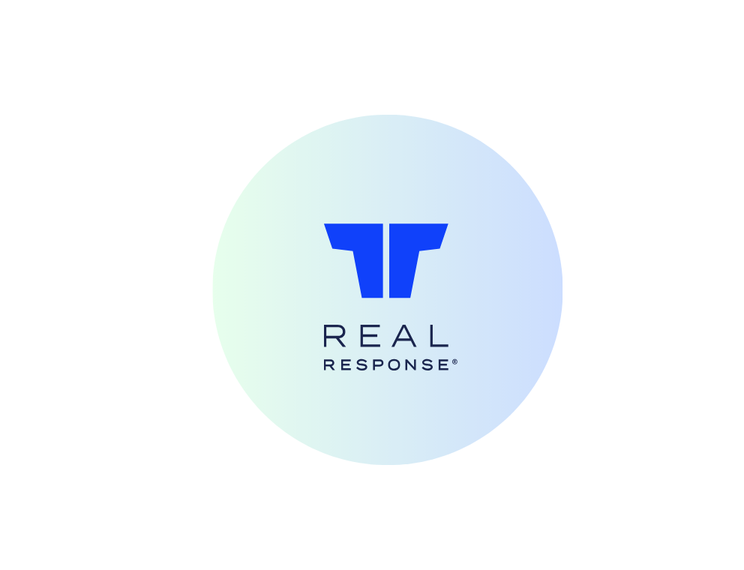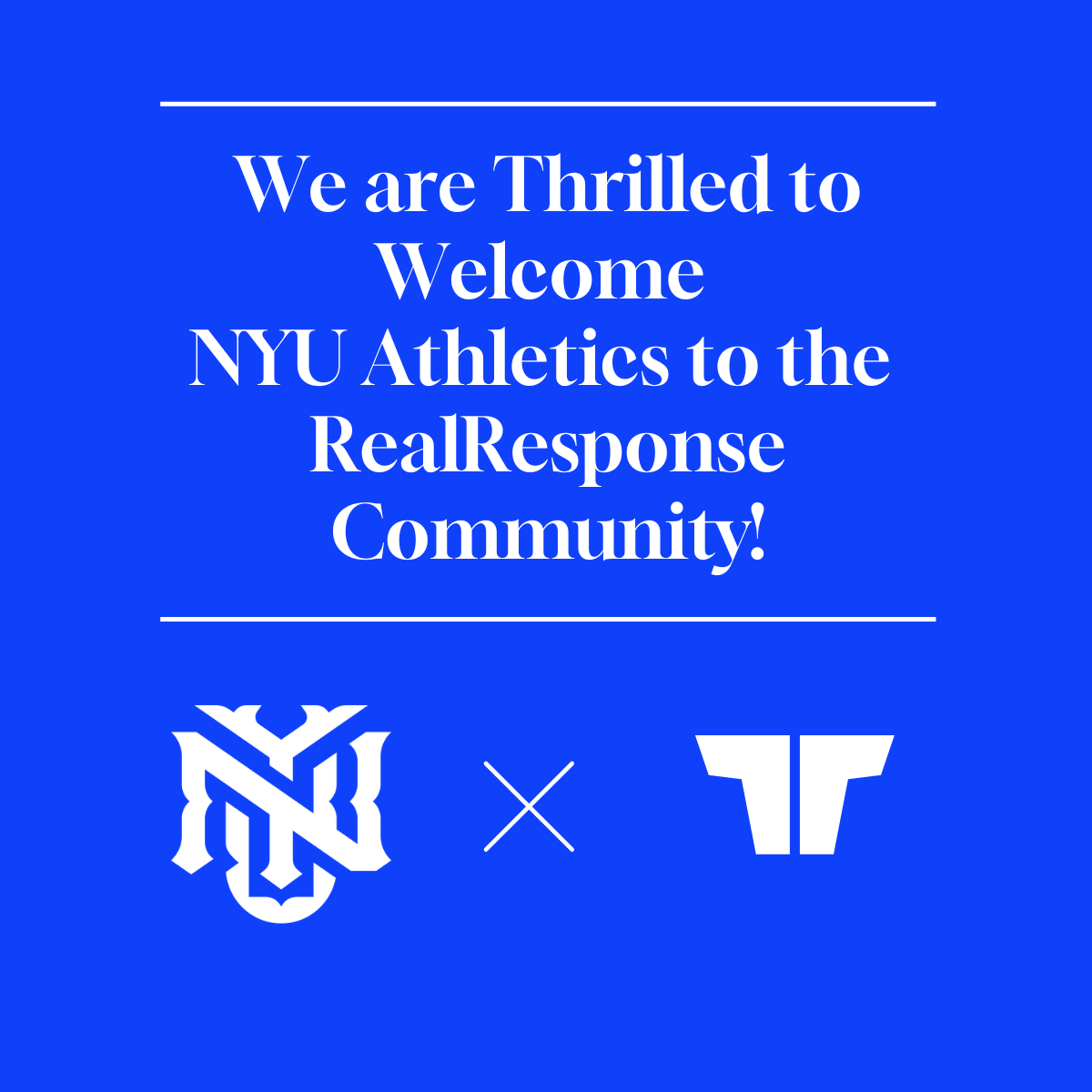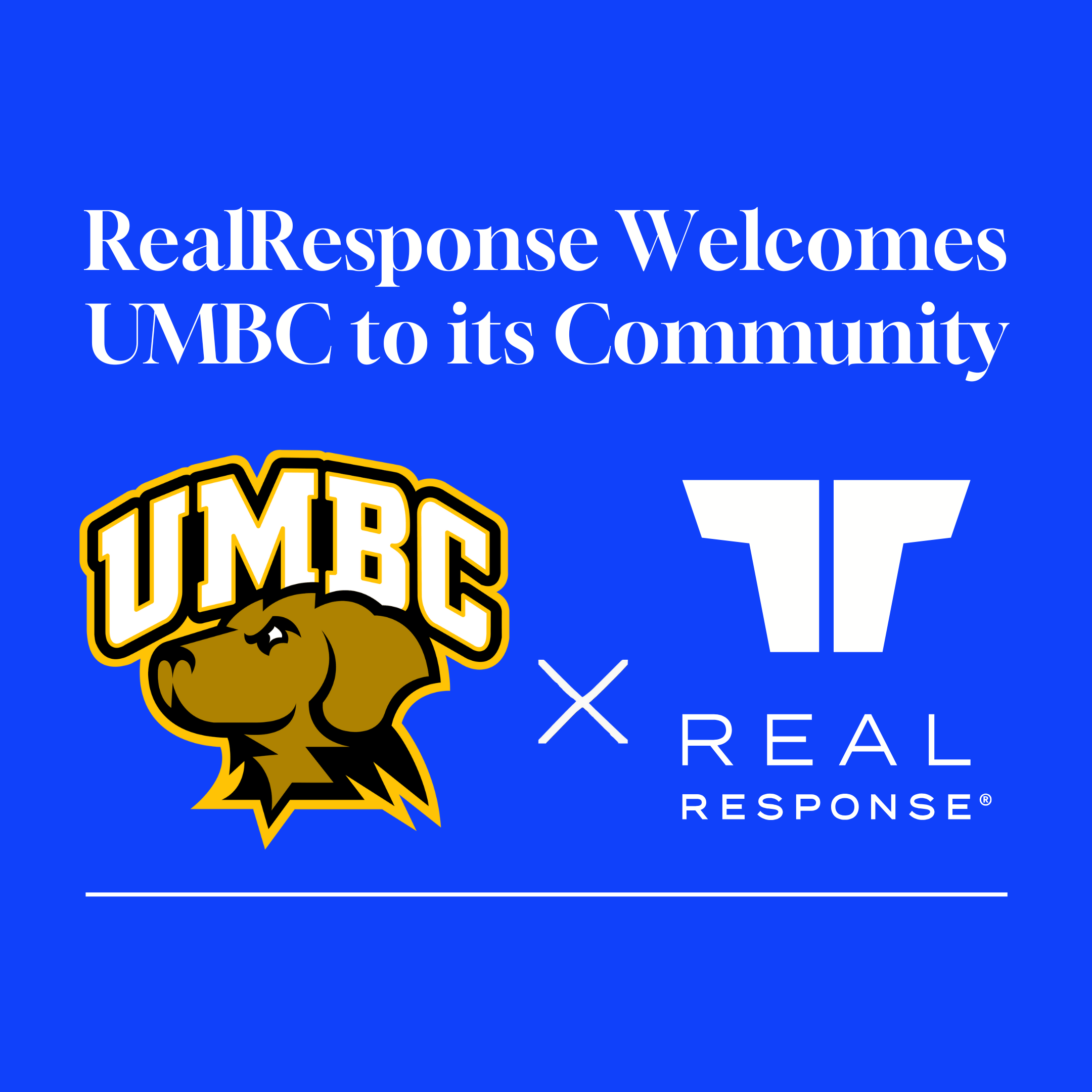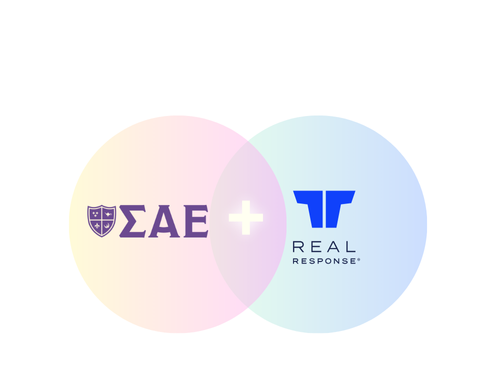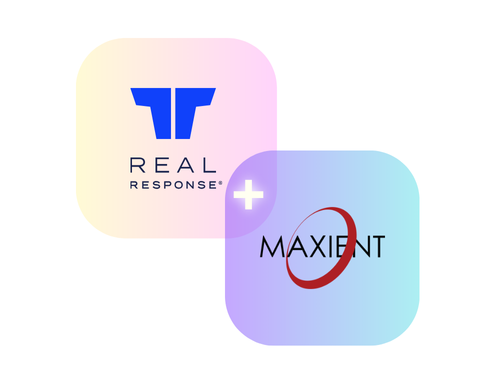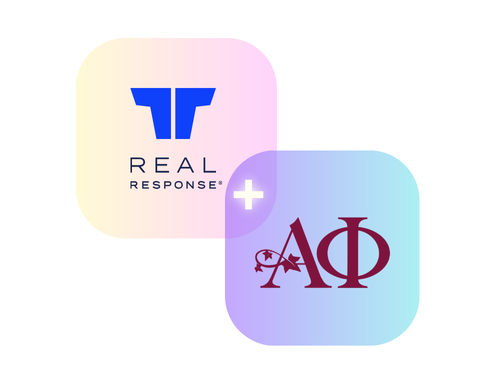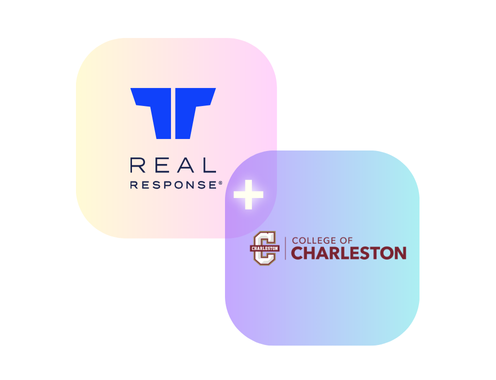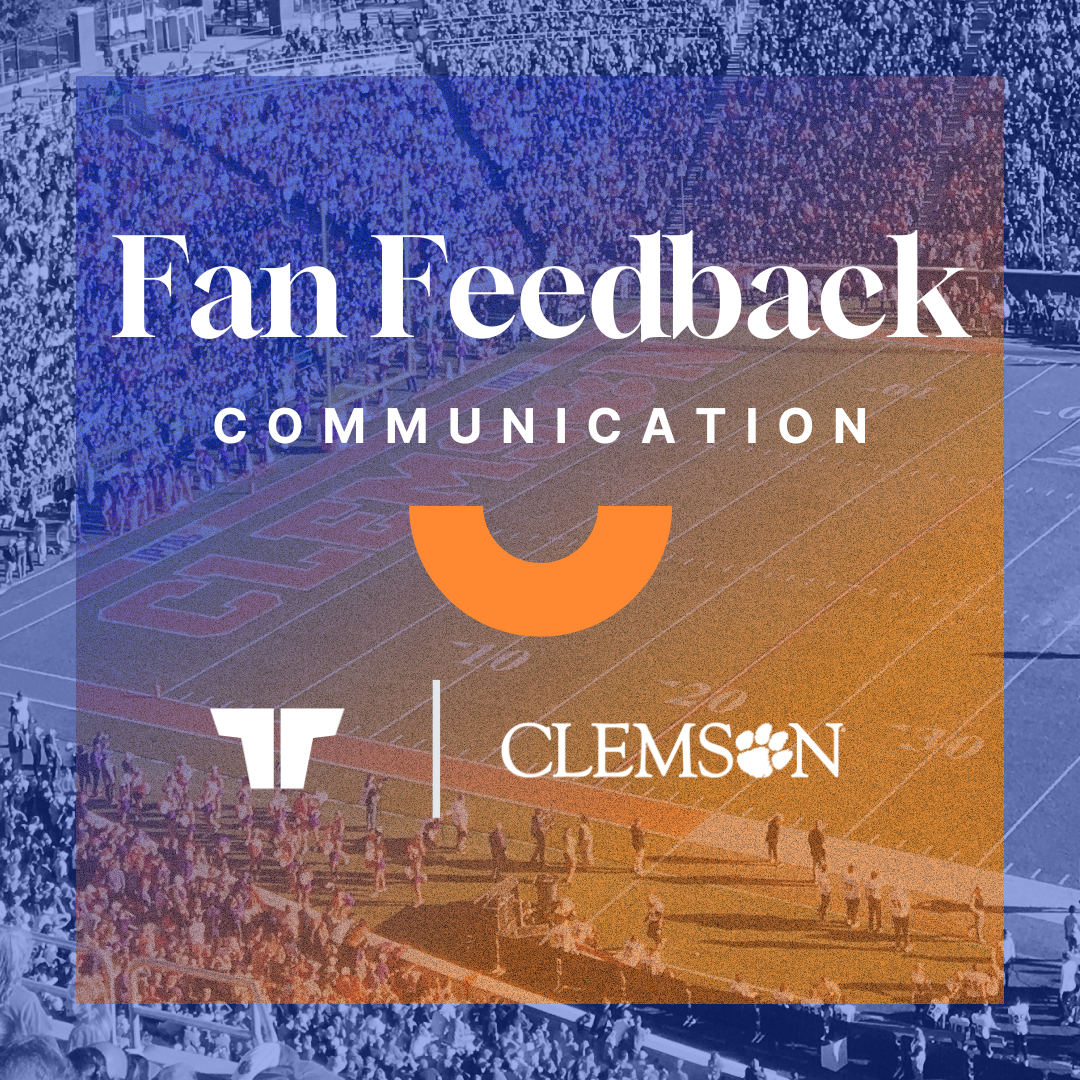Whether characterized as the “silent struggle” or “quiet crisis,” it’s getting harder to ignore the mental health impacts that college students—and student-athletes in particular—face.
In two months of 2022 alone, five student-athletes died by suicide. The rates of reported mental health concerns noted in the 2022 NCAA Student-Athlete Well-Being Study were 1.5 to 2 times higher than have been historically reported prior to 2020. Concerningly, the same NCAA research found that only half of student-athletes believe mental health is a priority to their athletics department.
The threats to student-athlete wellness are, undeniably, intensifying. From the stress of balancing academics and athletics, to pressures around sports betting, to grappling with toxic team cultures, the obstacles these young adults contend with are more diverse and acute than ever before.
It’s time for university leadership to make complete, not simply incremental, changes so that coaches, staff, and athletes have the resources they need to feel supported, in and out of the game.
A turning point for addressing mental health on campus
Whether they’re athletes or not, student well-being is a growing concern across campuses. The trend lines speak for themselves.
From 2016 to 2021, the percentage of students with significant symptoms of depression rose from 25% to 41%. Similarly, the percentage of students reporting significant symptoms of anxiety rose from 21% to 34%. Among student-athletes, mental health was the leading factor for those who said they’d likely transfer during the 2021-2022 school year.
The demanding nature of college athletics only magnifies these issues—and makes them more critical to solve.
“The responsibilities of student-athletes today don’t start with practice and end once the game clock runs out,” said Dr. Chad Asplund, Chief Medical Officer at Georgetown University. “The traditional ‘offseason’ gets shorter every year. Social media creates an always-on, but not always positive, feedback loop. All of this leaves athletes with even less time to decompress and focus on self-care.”

Consider these two growing trends alone:
- Legalized sports betting: The nationwide boom in sports betting has quickly introduced a new layer of stress for student-athletes. The concurrent rise in athlete and athletics staff gambling violations is altering fans’ relationship with sports, positioning injured lists as potential insider information. In today’s social media age, any athlete can become the target of disgruntled bettors whose money is on the line—creating immense pressure on players that can quickly lead to safety and mental health crises. In only a few years, it has made them larger targets for online harassment and threats from disgruntled gamblers.
- Hazing: Even within campuses and locker rooms, systemic cultural challenges persist and put athlete wellness at risk. As of August 2023, lawsuits have been filed (and some settled) against various athletics teams from at least three different schools over alleged hazing, abuse and discriminatory behavior. One study of Division III institutions found that around 40% of student-athletes had experienced hazing, compared to 25% of non-athletes—underscoring how these experiences are far from unique to Greek life environments.
With so many aspects of the student-athlete experience at risk, many are turning to policy as the solution. This July, Ohio became the first state to require all high school coaches to undergo mental health training. The NCAA has also doubled down on refreshing guidelines to mitigate future crises and standardize a certain level of support across schools.
One working group is expected to release final guidance for updated Mental Health Best Practices—originally published in 2016 and last revised in 2020—at the January 2024 NCAA Convention. This past April, the NCAA D1 Board of Directors unanimously agreed to adopt a “holistic student-athlete benefits model.” Starting in August 2024, these schools will be required to offer a range of benefits including mental health services and life skills development.
Mandates like these are long overdue. But will they be enough?
Download the article to read more about resources that can help effect real change in helping mitigate mental health issues for student-athletes.
